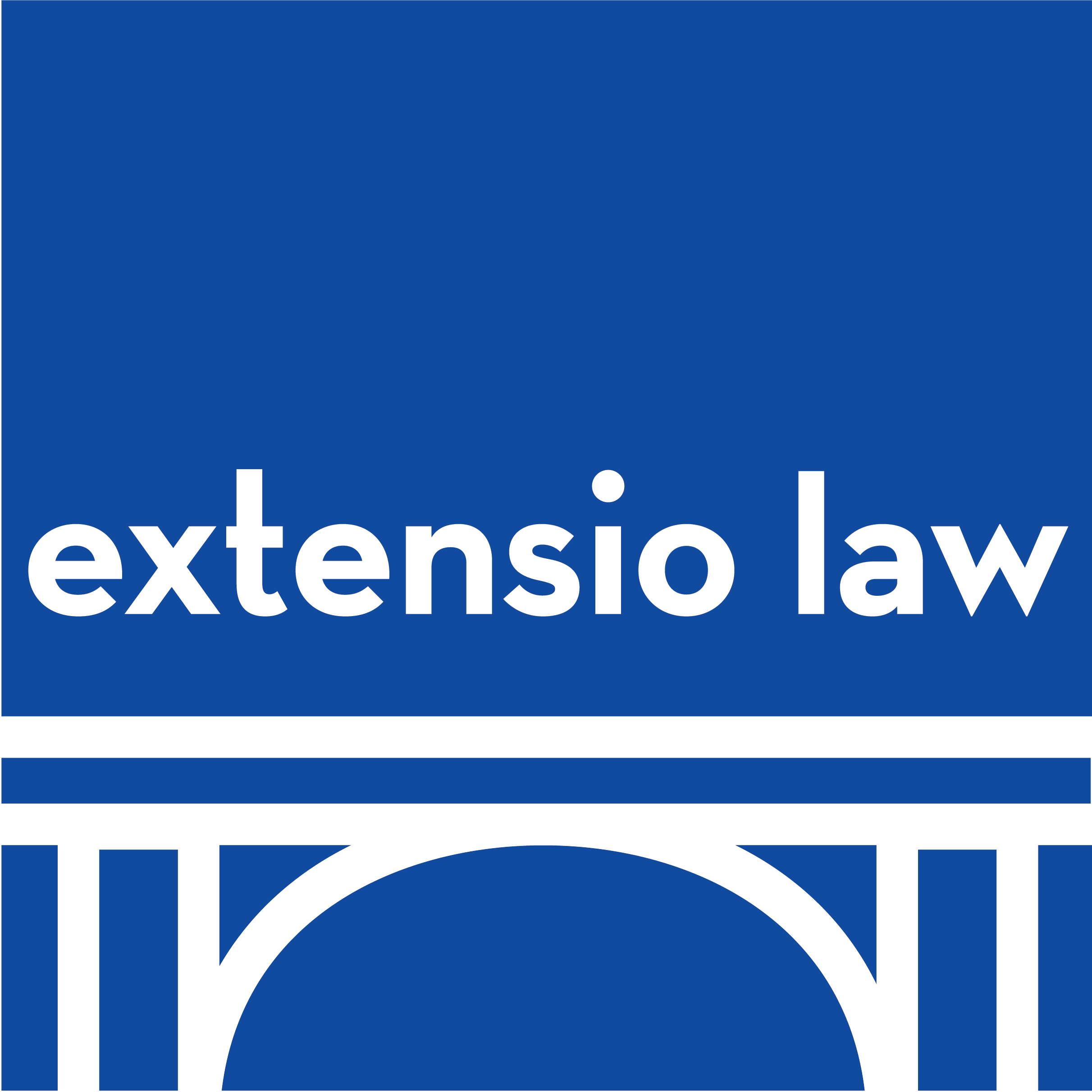ICYMI: EEOC Releases Caregiver Discrimination Technical Assistance
On March 14, 2022, the U.S. Equal Employment Opportunity Commission (EEOC) released new technical assistance on employment law protection of caregivers: “The COVID-19 Pandemic and Caregiver Discrimination Under Federal Employment Discrimination Law” (“Technical Assistance”).[1] As workplaces reopen and more people re-enter the workforce, this Technical Assistance reminds employers that for many employees, day-to-day life is still significantly impacted by COVID-19 guidance, rules, regulations, and policy:
… Even as the pandemic evolves, the challenge of juggling work and caregiving obligations remains. Some workplaces, classrooms, and care facilities may operate on hybrid schedules, request or require employees to work extra shifts, or close with short notice. Employees may need to quarantine unexpectedly if they or household members are potentially exposed to or infected with COVID-19. Some employees who live in households with persons who are immunocompromised, children too young to be vaccinated against COVID-19, or other vulnerable individuals may be reluctant to return to the workplace …
The Technical Assistance includes 18 Q&As about caregiver discrimination, harassment and retaliation in the workplace, including examples of conduct that constitutes caregiver discrimination. For example, an employer may not refuse to hire a female applicant based on the assumption that she would have the primary responsibility for caring for her children during any period of quarantine, daycare closure, or period of remote schooling. Similarly, an employer may not deny a male employee leave or permission to work a flexible schedule to respond to pandemic-created childcare responsibilities, if an employer grants such requests to female employees. The Technical Assistance includes other examples of conduct that would constitute caregiver discrimination on the basis of disability, pregnancy, race, national origin, age, and sexual orientation.
The Technical Assistance also asserts an important EEOC expectation: while employers are not obligated to excuse poor performance resulting from an employee’s caregiver duties, employers “may wish to consider the challenges imposed by the pandemic on all employees … and determine whether … adjustments can be made to enable employees to balance work and personal obligations without impairing performance or productivity.” This means that employer flexibility will be valued by the EEOC, when it investigates complaints of discrimination.
The Technical Assistance also reminds employers of their legal obligation to train managers and employees about employment laws prohibiting harassment and retaliation. This includes training about how managers recognize and appropriately respond to harassing conduct, including harassment related to employees’ pandemic caregiving responsibilities (see the Technical Assistance Document, Question #14, for a list of examples of harassing conduct). The EEOC directs that harassment can be prevented by “periodically distributing harassment policies and complaint procedures to all employees, posting the documents in accessible areas on-site and online, periodically training all employees about the policies and procedures, and demonstrating leadership’s commitment to creating and maintaining a work environment free from harassment” and retaliation. Retaliation can also be prevented, by providing training and the proper notification of non-retaliation requirements during the investigation of employee complaints. Employers should heed this advice from the EEOC: as employees resume work in-person, now is the perfect time to remind employees and managers of workplace policies, expectations, and obligations, including those specific to discrimination, harassment, and retaliation.
Contact us if you need additional information.
[1]Despite the recency of this Technical Assistance, the EEOC has long recognized caregiver discrimination as a form of employment discrimination that violates federal employment laws enforced by the EEOC, including Title VII of the Civil Rights Act of 1964 and Titles I and V of the Americans with Disabilities Act of 1990 (or Sections 501 and 505 of the Rehabilitation Act of 1973). Employers should note that the Technical Assistance supplements the EEOC’s 2007 Enforcement Guidance: Unlawful Disparate Treatment of Workers with Caregiving Responsibilities and its associated Questions and Answers about EEOC’s Enforcement Guidance on Unlawful Disparate Treatment of Workers with Caregiving Responsibilities, as well as the EEOC’s 2009 technical assistance document entitled “Employer Best Practices for Workers with Caregiving Responsibilities.” These previously released (and still current) documents have broader applicability to employers and caregivers in situations and circumstances, well beyond the COVID-19 pandemic.



